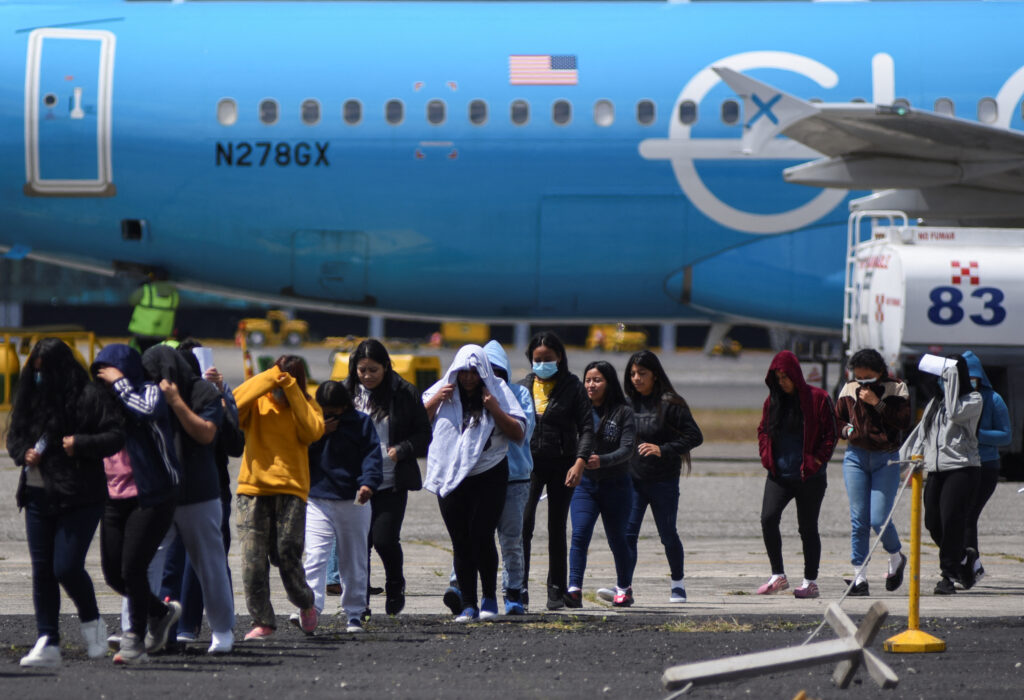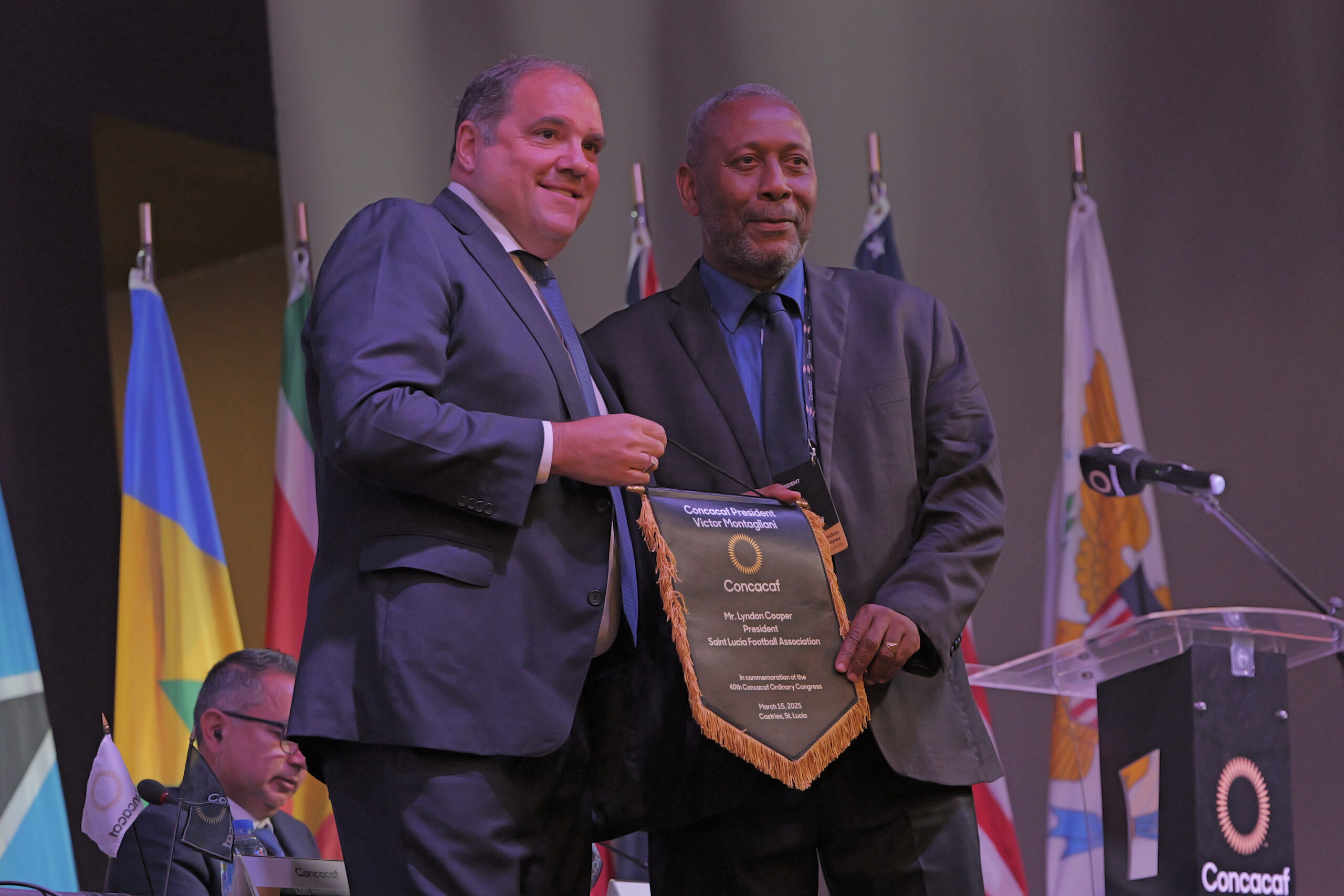

The Caribbean stands at a critical crossroads. Once viewed merely as a periphery to the Americas, the region is now grappling with a complex and compounding set of challenges largely shaped by the immigration policies of the United States. While these policies, particularly those instituted under President Donald Trump, were domestically framed as national security and immigration enforcement tools, their extraterritorial effects have proven economically, socially, and politically destabilising for the Small Island Developing States (SIDS) of the Caribbean.
The implications are far-reaching. Reduced remittance flows, increased deportations, rising crime, strained social systems, and now, a new and emerging migration wave from Latin America have all combined to place enormous pressure on small Caribbean nations ill-equipped to absorb such shocks. These issues demand a recalibration of both domestic and foreign policy—and, most importantly, a renewed dialogue with the United States.
Remittances are a vital source of income for millions across the region, often eclipsing foreign direct investment and official development assistance. In countries like Haiti, Jamaica, Guyana and Dominica, they account for a significant share of GDP, supporting not just consumption but also access to education, healthcare, and housing. US deportation policies, coupled with stricter work visa enforcement, have led to the loss of these flows, eroding household stability and reducing much-needed foreign exchange.
Simultaneously, the Caribbean faces the return of deportees, many with criminal records and connections to transnational crime. With limited reintegration programmes and overstretched social and law enforcement systems, these individuals often re-enter into society with little support, contributing to rising gang violence and insecurity. The situation is further complicated by the Caribbean’s role as a transshipment hub for narcotics and illegal arms, driven by geographic realities and a tightening US-Mexico border that has rerouted trafficking routes through the region.
More recently, Caribbean countries have also witnessed growing migration pressures from Latin America. As access to the US is increasingly restricted, migrants from Central and South America are turning to Caribbean shores in search of refuge or opportunity. This shift has the potential to overwhelm housing, healthcare, and education systems, and to ignite social tensions in communities already struggling with unemployment and economic stagnation.
The combined effect of these dynamics is the slow unravelling of Caribbean resilience. Public resources are being redirected away from development priorities to manage crises; investor confidence is waning due to rising crime and instability; and tourism—a critical economic pillar—faces reputational risks linked to insecurity.
So, what can be done?
The answer lies in a coordinated, forward-looking strategy. First, Caribbean governments must prioritise the strengthening of reintegration programmes for deportees, focusing on social services, employment support, and rehabilitation. Second, countries must invest in regional migration and border management systems to respond effectively to the inflow of Latin American migrants. Third, diplomatic engagement with the United States must be deepened and reframed.
A key opportunity lies in the renegotiation and modernisation of the US-Caribbean Basin Initiative (CBI). Originally established in the 1980s to promote economic development through trade preferences, the CBI, which was recently renegotiated in 2020 to 2030, is ripe for transformation. Today, the US-Caribbean relationship must go beyond trade to directly address the interconnected challenges of migration, security, reintegration, and social protection.
The updated CBI should include:
- Financial and technical support for deportee reintegration programmes
- Assistance in strengthening border and migration management systems
- Concessional financing windows for countries absorbing high migrant inflows
- Dedicated funding for community resilience and crime prevention initiatives
- A shared security cooperation framework that includes intelligence sharing and capacity-building
Redefining the US-Caribbean compact in this way would not only enhance regional stability but also advance US strategic interests in its third border.
The Caribbean is not asking for charity; it is seeking partnership and recognition. As the region bears the unintended consequences of policies made in Washington, it deserves a seat at the table where solutions are being crafted. The future of the Caribbean—and the strength of its relationship with the United States—depends on it.





